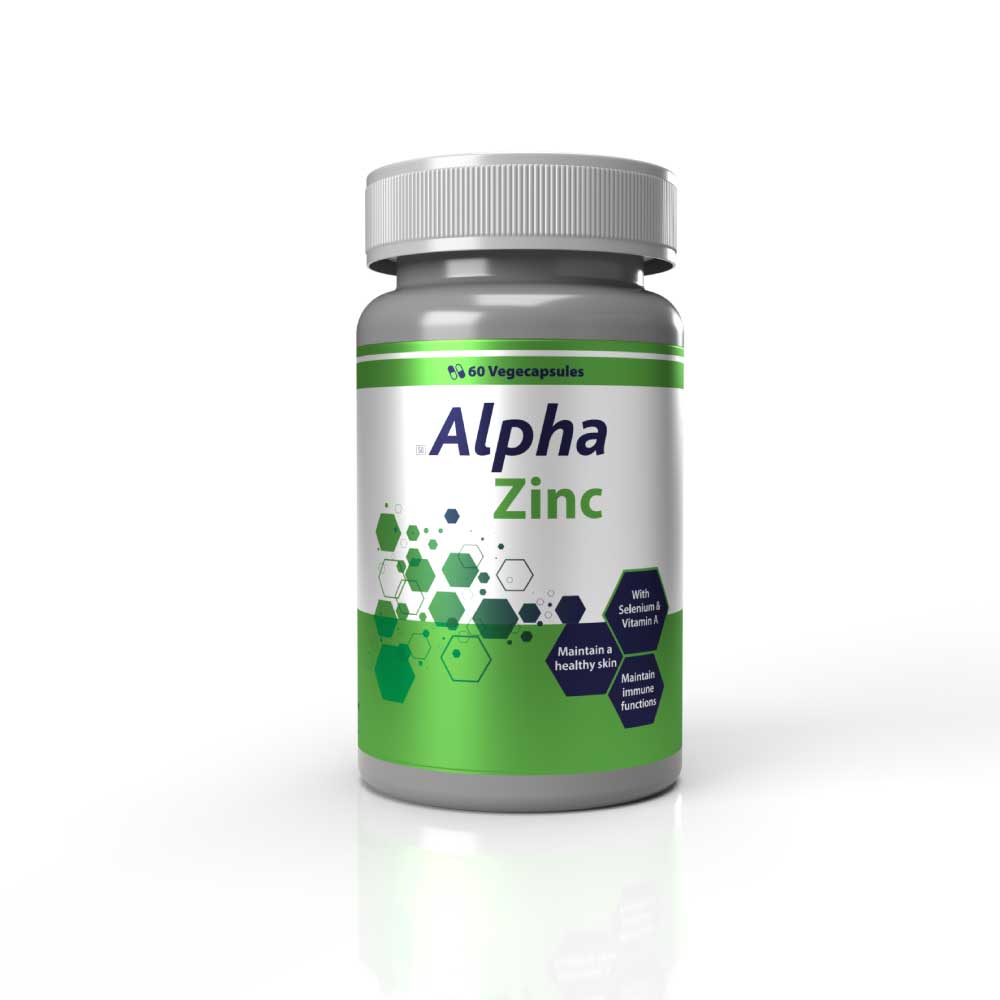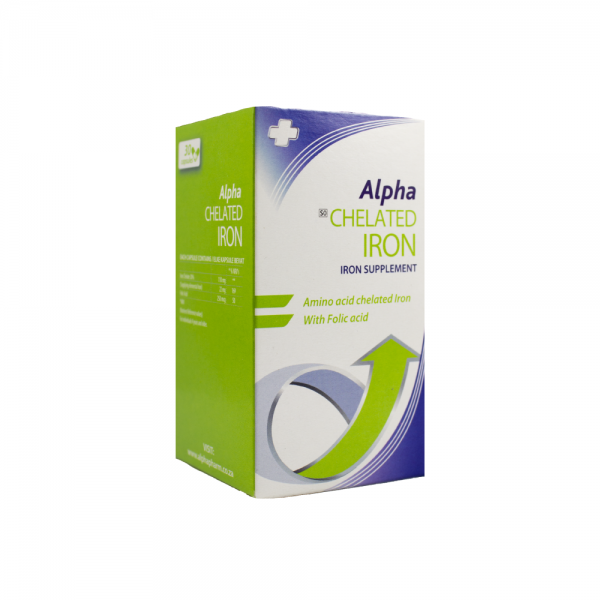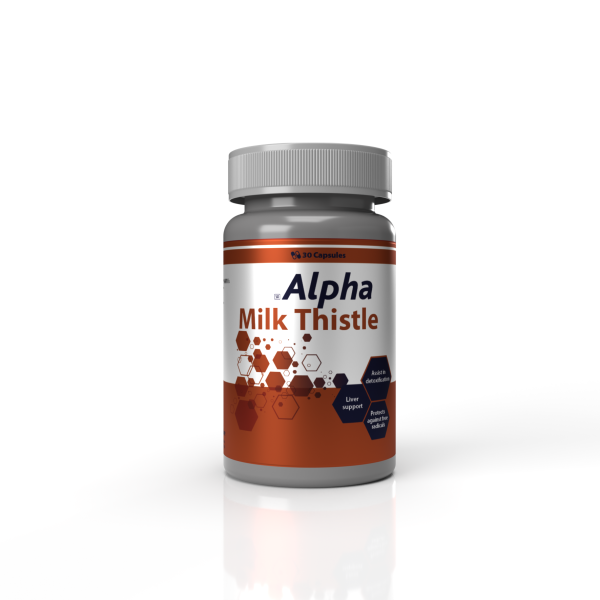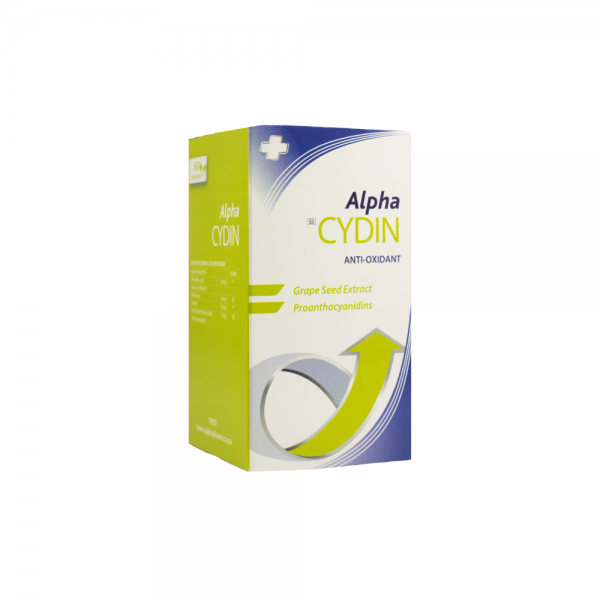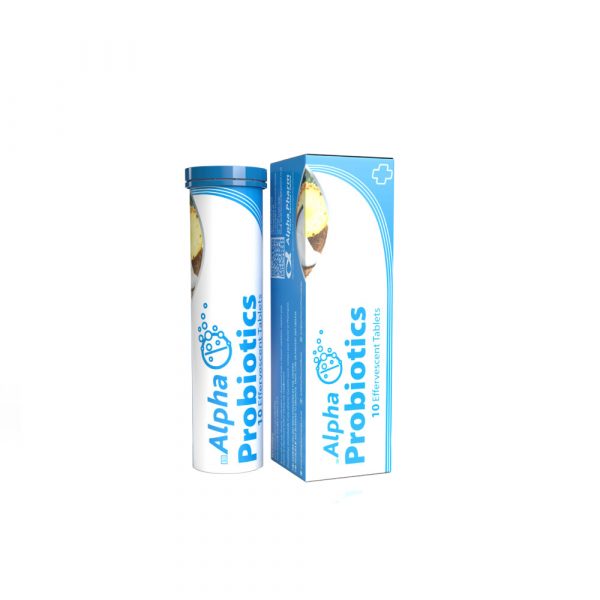Description
10 GOOD REASONS TO USE ZINC
1.INCREASES IMMUNITY & FIGHTS COLDS
Research shows that zinc can interfere with the molecular process that causes mucus and bacteria to build within the nasal passages.
(Maintains the immune function)
2. ACTS AS A POWERFUL ANTIOXIDANT
Zinc is an effective anti-inflammatory and antioxidant agent, helping fight oxidative stress and decrease the chance for disease development, zinc assist to maintain healthy skin.
3. BALANCES HORMONES
Zinc benefits hormonal health and fertility because it plays an important role in hormone production, including increasing testosterone naturally. Zinc is needed for the production of estrogen and progesterone in women, which both support reproductive health.
4. FIGHTS DIABETES
Zinc is needed to balance most hormones, including insulin, the main hormone involved in the regulation of blood sugar.
5. MAINTAINS HEART HEALTH BY SUPPORTING BLOOD VESSELS
Zinc is needed to maintain the health of cells within the cardiovascular system, while also lowering inflammation and oxidative stress.
6. SUPPORT SKIN HEALTH
Zinc helps control the inflammatory response of the skin cells. Zinc regulates cell production and turnover, and help reduce the amount of natural oil your skin produces. It may also prevent the pores from clogging causing skin inflammation.
7. INCREASES FERTILITY
Zinc plays an important role in fertility, especially modulating serum testosterone levels in men, which impacts fertility and libido.
8. AIDS IN NUTRIENT ABSORPTION & DIGESTION
Helps the body to metabolise carbohydrates, fats and proteins.
9. SUPPORTS LIVER HEALTH
Zinc can help with a liver cleanse to reduce inflammation in the liver, reduces free radical damage, helps with nutrient absorption and allows for proper waste elimination.
10.HELPS WITH MUSCLE GROWTH & REPAIR
Zinc plays a role in cell division and cell growth and benefits muscle repairment and growth by making it possible for the body to heal itself and maintain strength in the muscular and skeletal systems. (Helps in connective tissue formation)

